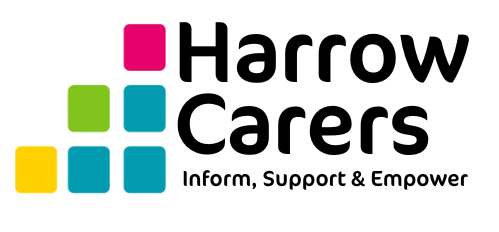The benefits of identifying yourself as a carer: Around 10% of the UK population are unpaid carers to a loved one. However, for many, they do not identify themselves as carer’s and see looking after a vulnerable person who is close to them as just ‘something they do.’ Around 1 in 4 carers took over 5 years to identify as a carer.
For those who do not identify as being a carer they may perceive the support they give as a normal part of the relationship they have with the person they are caring for.
There may also be a fear of intervention if the carer label is accepted.
However, failing to recognise that you are in a caring role can make it difficult to get the vital support you need to enhance both the lives of yourself and the individual(s) that you care for.
Here are some valuable benefits of identifying as a carer that help will reduce the burden and increase the quality of your life.
Finances
If you care for someone for at least 35 hours a week you may be eligible for Carers Allowance. This provides financial support of £67.60 a week. For each week you get Carer’s Allowance you’ll be entitled to get National Insurance credits. There are also other potential benefits such as support from your local council or a Council Tax Reduction.
Reduce isolation and loneliness
If you recognise that you are caring for someone, you can access a wide range of compassionate networks that are there to listen, support and assure you that you are not alone in your journey. You can seek advice and exchange experiences with others who identify as caregivers through local support groups, which might help you feel less isolated.
Physical health
Caring for someone can be physically demanding, such as lifting them on a frequent basis. By identifying yourself as a carer, you may be eligible for practical assistance that will improve your physical well-being. This assistance may include equipment to make caring for a loved one easier, such as a hoist to assist with lifting, and can be accessed through your local council.
Employment
Employers being aware of your caring role can help them to be more understanding of your position. You have a lot of obligations to juggle, and if your boss is aware of this, he or she will be more sympathetic to your needs. They can provide helpful solutions to reduce the burden of being both an employee and a carer through ways such as flexible hours which you are entitled to request after six months within your role.
By Tabitha Desmond

Working for Carers is a London-wide project that supports unpaid carers, aged 25 or over, to move closer to employment. The project is led by Carers Trust and delivered by its network of partners across London. Working for Carers is funded by the European Social Fund and The National Lottery Community Fund.

